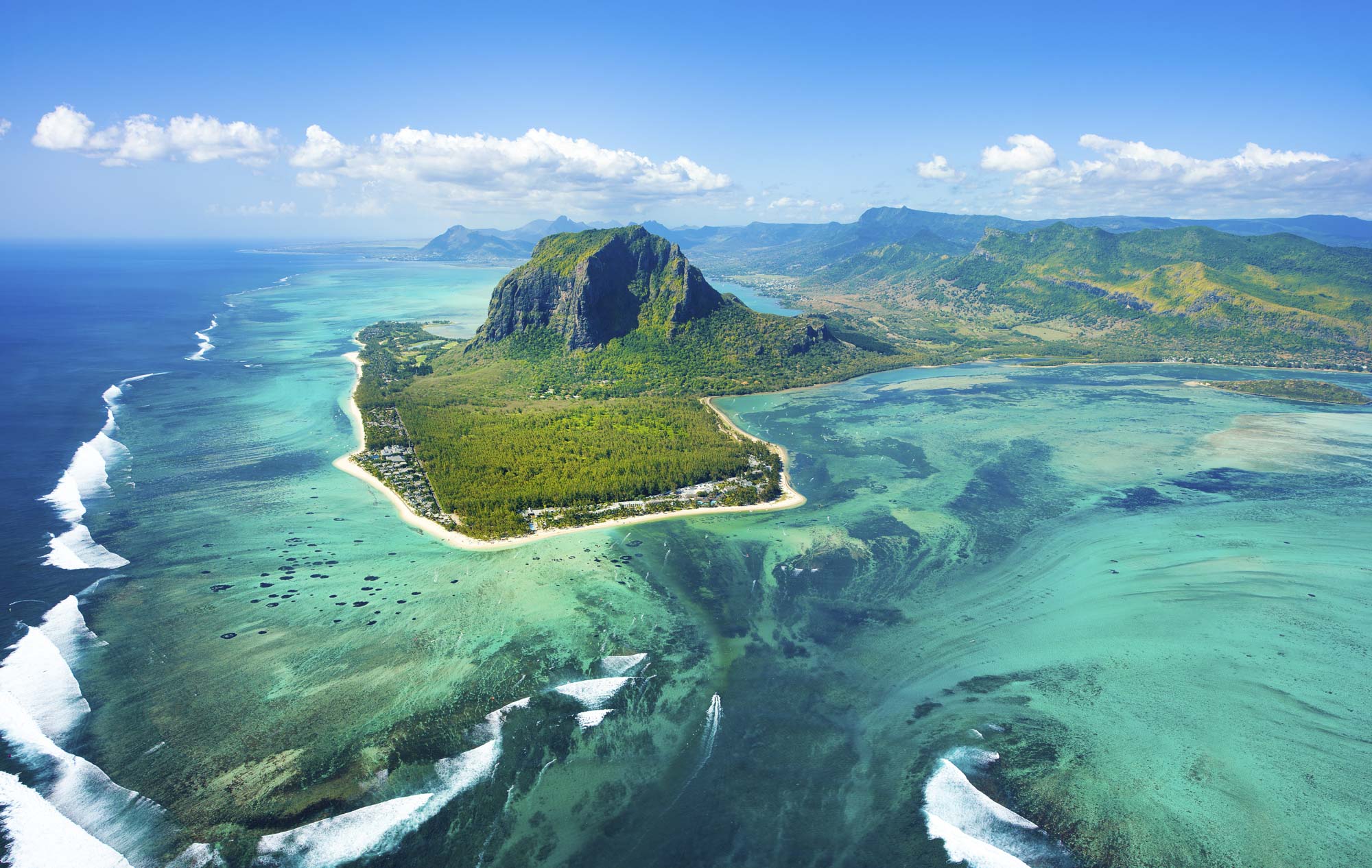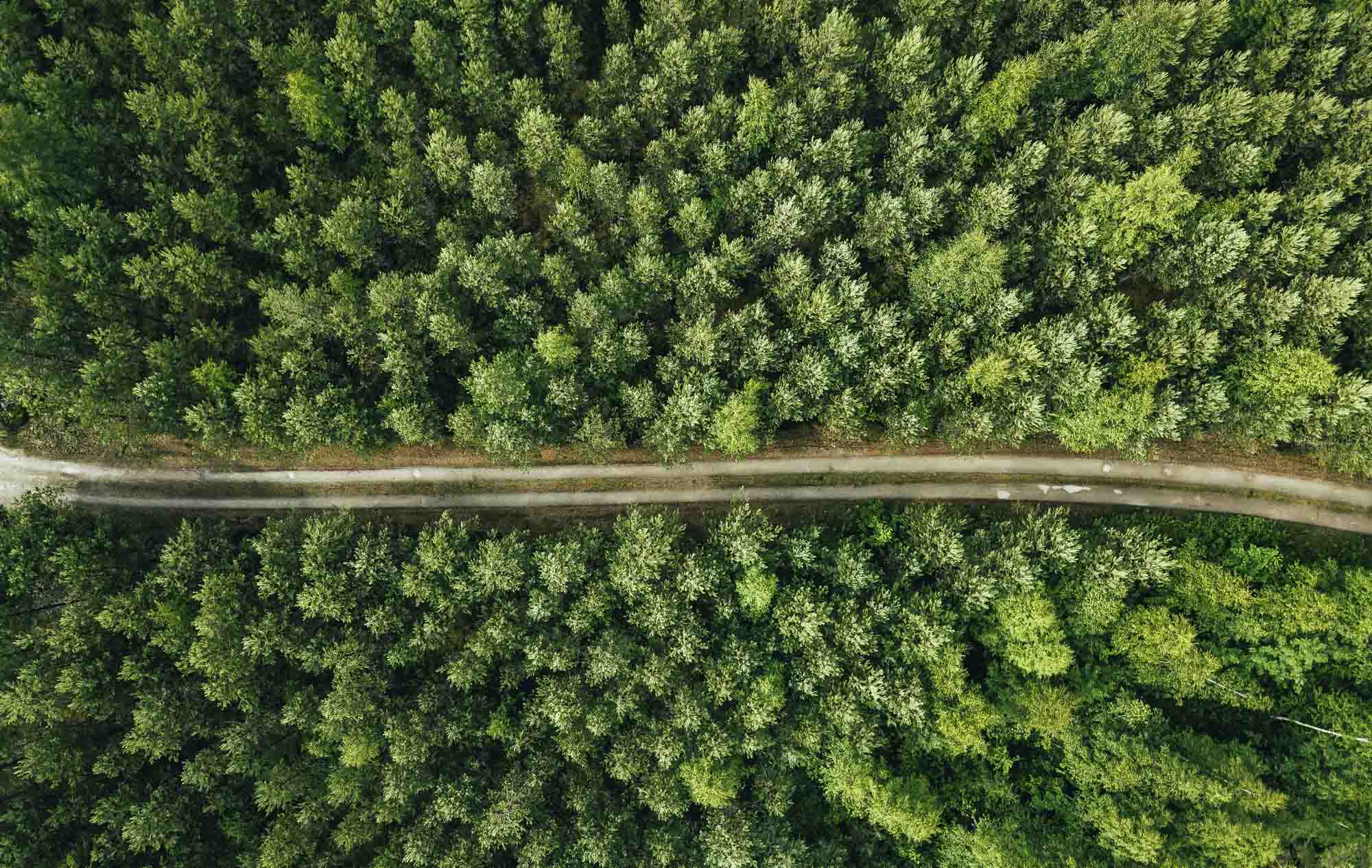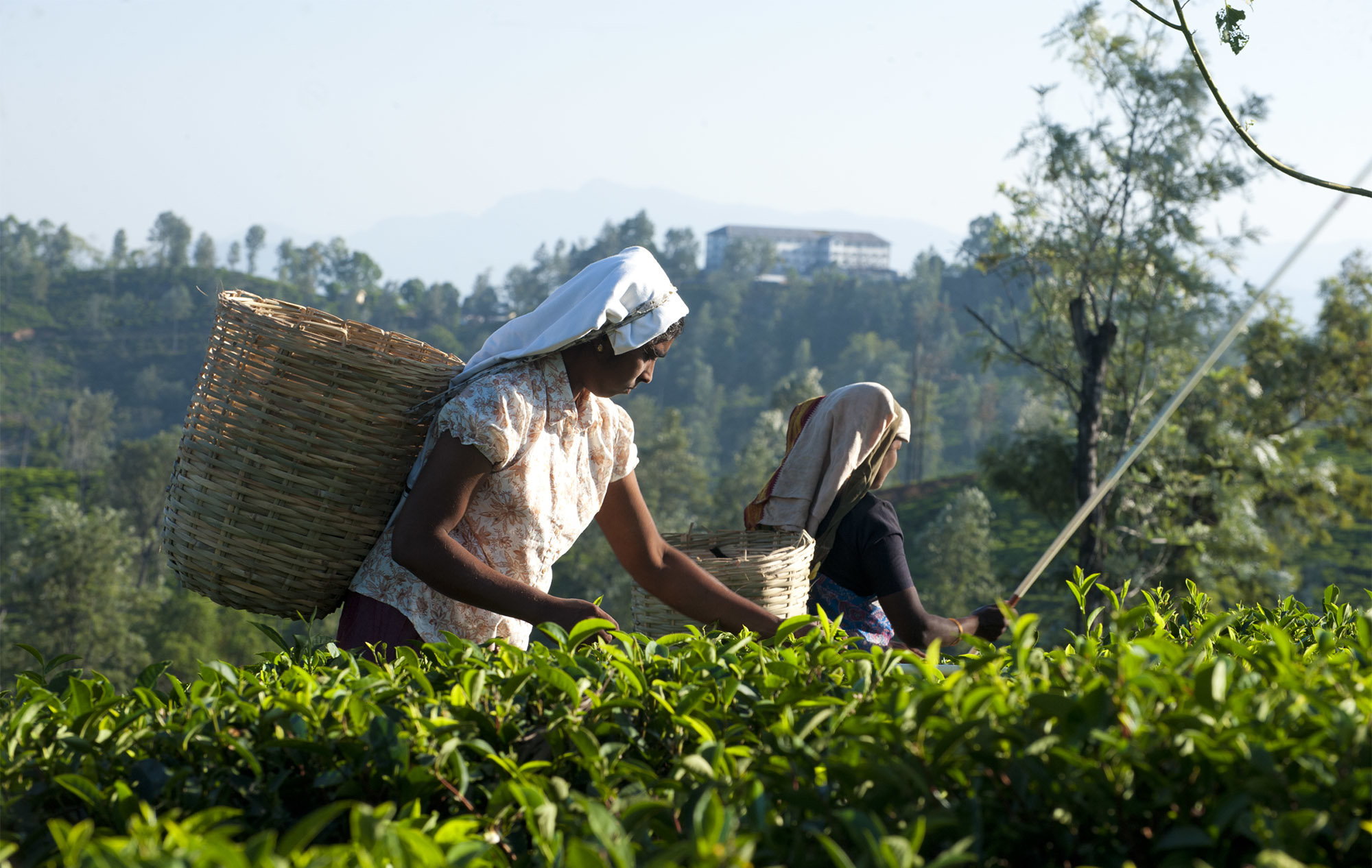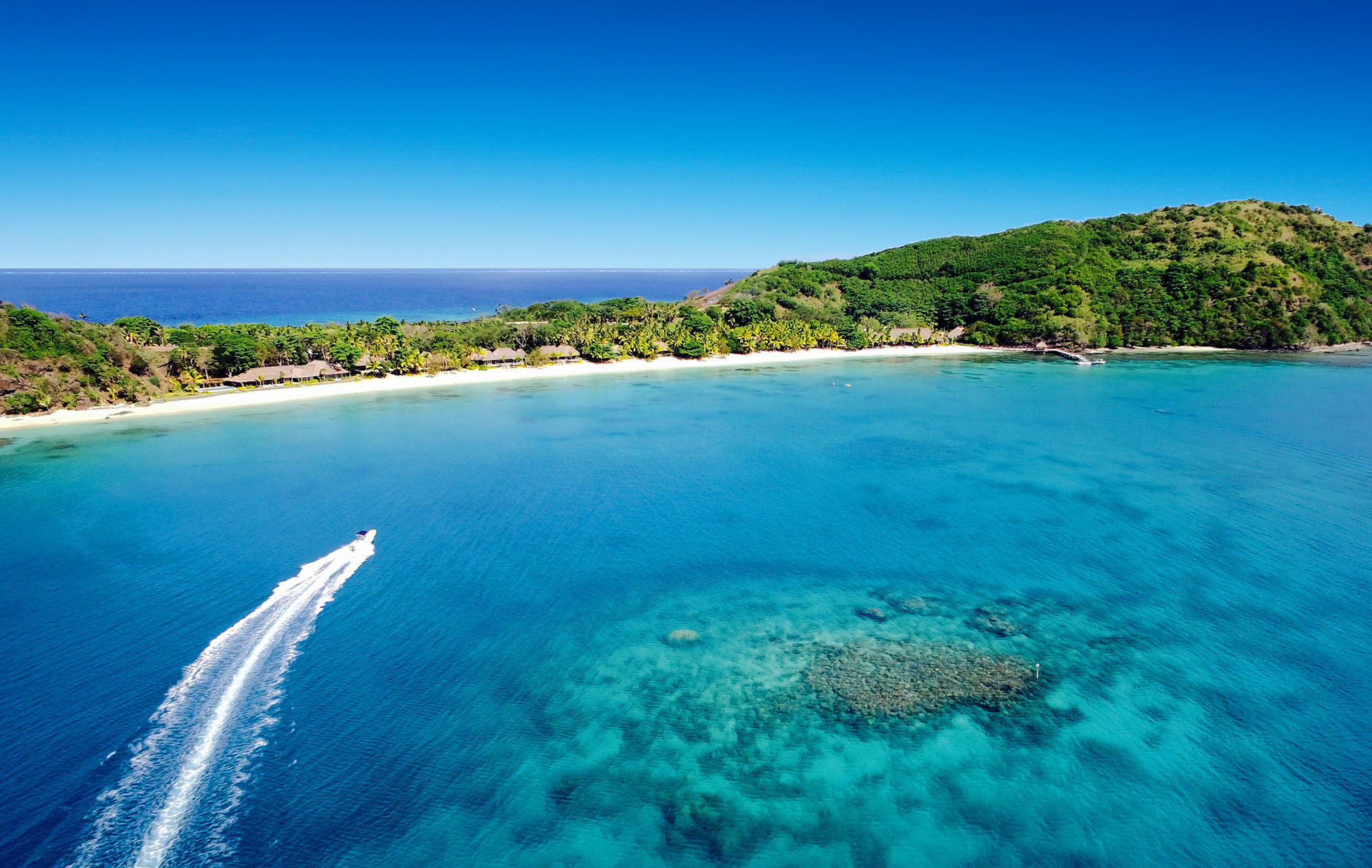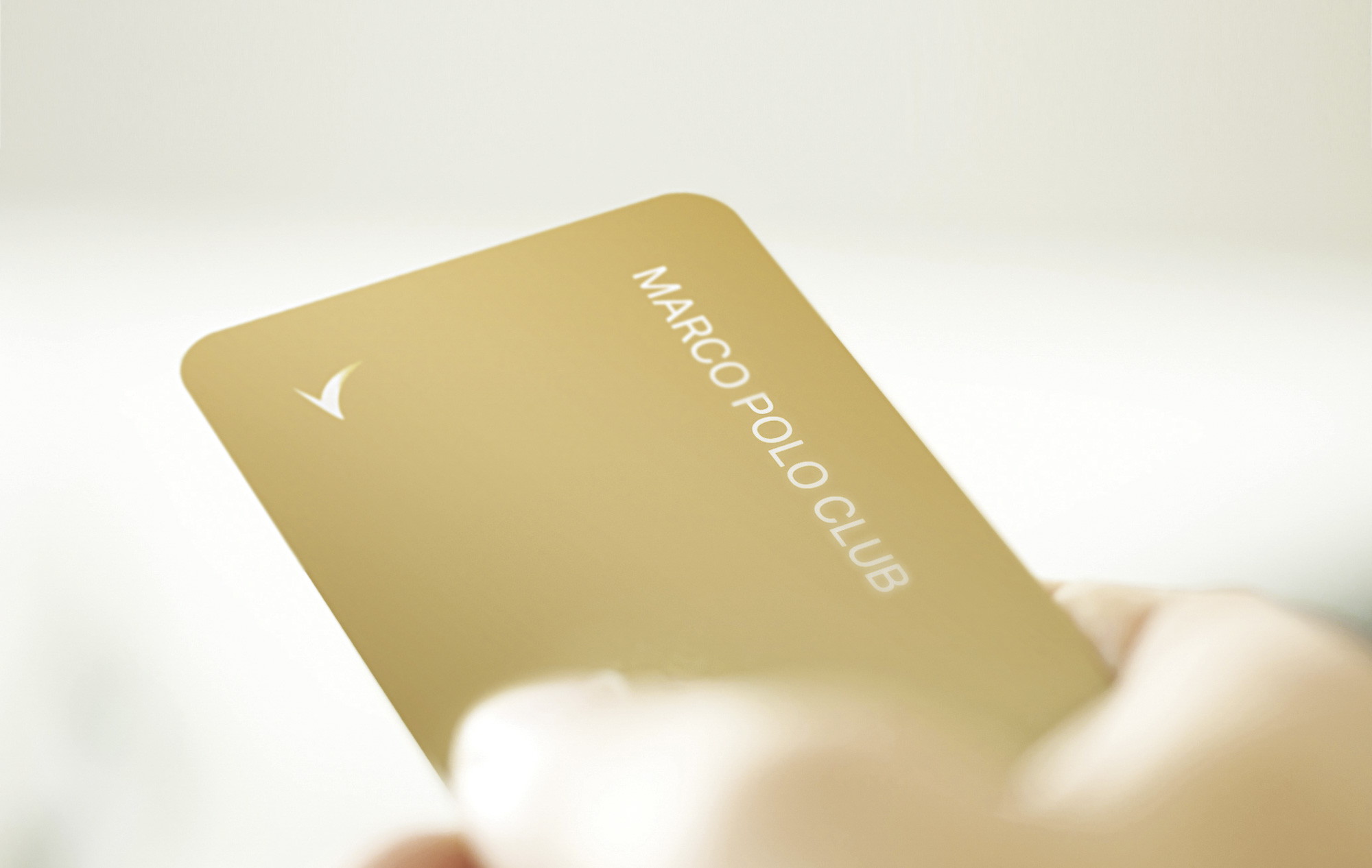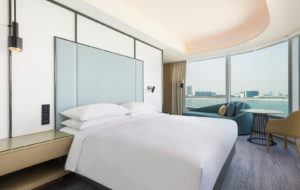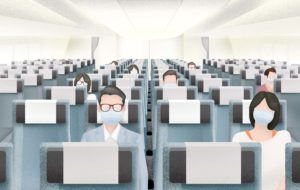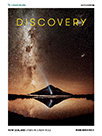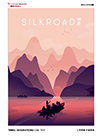Most travel guides and articles, I find, point to differences: the sights, sounds, tastes and cultural quirks that make a destination distinctive and feel a long way from home. This makes sense; it is pretty special to ride a camel in the deserts of Oman after sipping tea in a Bedouin’s tent, or feed elephants in the middle of nowhere in Myanmar.
But, when you travel as much as some of us do, you start to crave familiarity.
I was recently reminded of this on a trip to Inverness and Dufftown, an area where Glenfiddich and many other extraordinary whiskies are made, for a friend’s 40th birthday. Most in our group pointed out what made this rather spectacular corner of the world distinctive – the whisky, the beautiful landscapes, the phenomenal warmth and hedonism of the locals – but all I found myself doing was point out its similarities to other places. Lit up at night, Inverness looked like a Scottish Paris (really); the spectacular Dufftown terrain made me feel like I was back on the North Island in New Zealand; and the people too seemed quintessentially Kiwi to me.
On holiday, we probably want to be excited and awed by a destination’s newness. But I’ve found familiarity especially useful when trying to expand my business’ horizons. If somewhere reminds you of a place that has done well and where you’ve done well, it’s probably a good place to invest your time and money, right?
This was my conclusion in Mauritius recently. I had always considered this paradise island to be just that: spectacular beaches, turquoise waters and great weather, with a few investment businesses using it as an offshore hub, a bit like several Caribbean islands or the Channel Islands.
As it turns out, that’s complete nonsense. In fact, Mauritius is like Singapore, in almost every way.
Mauritius is the most competitive economy in sub-Saharan Africa and ranks 49th globally, with consistent GDP growth for the past 15 years and a great reputation for ease of doing business. It has much more going for it than tourism, with financial services, IT and technology, and manufacturing all important components of a diversified economy. Though the country only has 1.3 million people, it is home to a diversity of ethnicities, languages and religions. And while it’s part of Africa, it feels very European (due to its close historical ties with France and the UK) as well as Asian (due to its Indo-Mauritian majority population and cuisine).
The parallels between the two countries aren’t lost on Mauritius, which has used Singapore as something to aspire to. And that’s where global similarities, rather than differences, are so helpful: they provide countries with benchmarks and targets to aim for and a clear blueprint of how one might achieve them.
Send your views to [email protected]
By the Anonymous Global Nomad
In the past month:
Flights taken: 14
Miles travelled: 29,874



